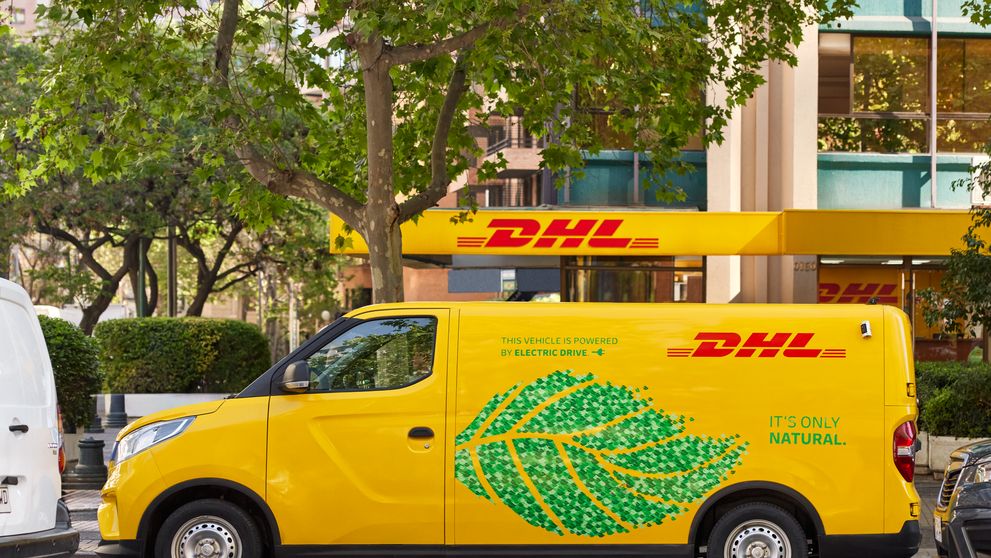Sustainability is no longer just a buzzword; it has become a vital aspect of businesses and individual lives. With the growing concerns about climate change and environmental protection, reducing carbon emissions and minimising our carbon footprint has become essential. Recognising this, DHL Express Thailand is committed to leading the way in reducing carbon emissions. We help address sustainability head-on by educating our customers on how to reduce their carbon footprint when shipping packages domestically and internationally. Our goal is to make sure that companies in Thailand have access to strategies and resources they need in order to meet their sustainability goals while navigating today’s modern business landscape.
In this blog, we will discuss how companies can take advantage of DHL Express Thailand’s environmentally conscious services and commit to reducing their carbon output through shipping with us.
What are sustainable logistics and supply chain management?
The importance of sustainable logistics and supply chain management cannot be overstated in addressing the carbon emissions and environmental pollution associated with the logistics industry. It is essential to consider the entire supply chain, from the sourcing of materials to the delivery of goods, in order to know how to reduce carbon footprint effectively.
For example, cargo ships play a significant role in imports and exports across the supply chain. As such, they rely heavily on fossil fuels, contributing to the release of carbon dioxide (CO2) and other greenhouse gases (GHG) into the atmosphere. This leads to the occurrence of the greenhouse effect – the way in which heat is trapped close to the Earth’s surface by greenhouse gases – which results in global warming. In fact, emissions from the international shipping sector grew by 5% in 2021, rebounding from the sharp decline in 2020, according to the International Energy Agency.
Sustainable logistics refers to the practice of integrating environmentally friendly and socially responsible principles into the entire logistics process, from sourcing and production to transportation and delivery. It involves minimising the environmental impact of logistics operations, reducing carbon emissions, optimising resource utilisation, and promoting ethical practices within the supply chain.
This includes adopting energy-efficient transportation methods, implementing green packaging solutions, optimising routing and scheduling for minimal fuel consumption, and embracing technologies that enhance efficiency and reduce waste. By embracing sustainable logistics practices, companies can reduce their carbon footprint, enhance their reputation, and contribute to a more sustainable and resilient future.






















